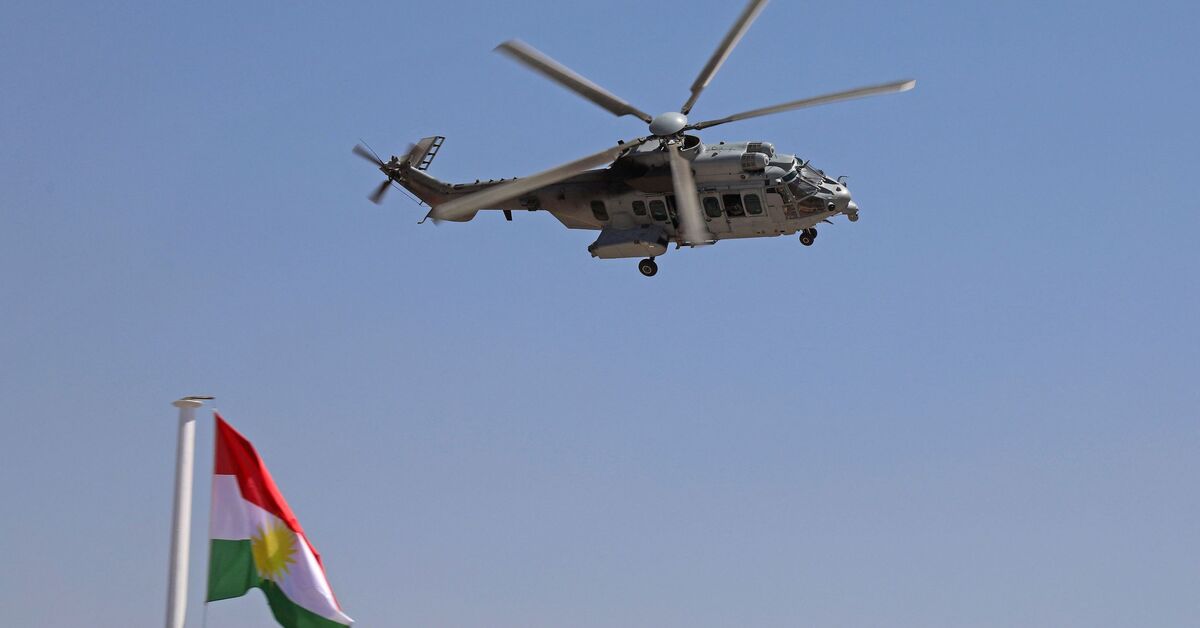Turkey, Iran seal cooperation
Other deals will formally allow two Turkish companies to go ahead with two lucrative tenders they have won in Iran. Separate agreements also resolve a pricing dispute concerning natural-gas supplied by Iran to Turkey.
Erdogan’s visit comes amid growing international criticism against Tehran for its nuclear program. A U.S. official was quoted as saying in the Turkish press that business contracts with Iran were punishable by sanctions under U.S. law.
But Erdogan, keen to implement a government policy of boosting business ties with neighboring countries, shrugged off the criticism, saying Turkey would do business with Iran in the same way that other countries do; a veiled reference to European investment in the country.
Erdogan met Iranian President Muhammad Khatami, Vice President Muhammad Reza Arif and Foreign Minister Kamal Kharrazi, as well as defense and oil ministers.
"This is your home. Welcome to your own country," Khatami said as he welcomed Erdogan upon his arrival at the Sadabad Palace, where the two met for an hour before proceeding to a working lunch.
In his talks with Iranian officials, Erdogan said the two countries aimed at boosting their bilateral trade volume from the current $2.3 billion to $5 billion.
Major Turkish investment in Iran, namely deals with a Turkish-led consortium to operate Tehran’s new airport and GSM operator Turkcell running Iran’s first private mobile phone license, faced obstacles due to conservative opposition to deals on the grounds that the Turkish companies involved had "Zionist links."
The mobile telephone license won by a Turkcell-led consortium in February represents Iran’s biggest foreign investment deal since the 1979 Islamic revolution, with a projected investment of more than $3 billion over 15 years.
Engineering consortium Tepe-Akfen-Vie (TAV) had won a tender to operate Tehran’s Imam Khomeini international airport, but the airport was closed down by army tanks in the first day of operation due to suspicions over TAV involvement.
Reform message
In an address at the Turkish-Iranian Business Forum, Erdogan also sent messages encouraging reform.
"Countries building higher walls on their borders, viewing change with suspicion and not supporting the entrepreneurs will remain bystanders in the ongoing globalization process," Erdogan said, explaining economic and political reforms that have both brought Turkey closer to its goal of becoming a member of the European Union and raising the living standards of its people.
"With Turkey’s accession, Iran will become a neighbor to the EU," Erdogan said, a remark that might irk certain Turkey-skeptics within the union.
"Iran is the door that links Turkey to the East and Turkey is the door to the West for Iran," Erdogan said, emphasizing that economic and trade ties should be developed on the basis of such an understanding.
US, Israel criticisms from Iran
Erdogan also listened to criticism against Israel and the United States from Iranian leaders, who said the United States had a responsibility in the growth of al-Qaida terror.
Foreign Minister Kamal Kharrazi said terrorist groups have found a suitable environment in which to develop, especially after the U.S.-led occupation of Iraq started. As for Israel, Kharrazi said Israel had been engaged in northern Iraq since the 1960s.
A recent New Yorker journal report that Israel had agents operating in northern Iraq and were providing training to Kurdish peshmergas had irritated Turkey. However, Kurdish and Israeli officials denied the report.
Turkish and Iranian officials also discussed Iranian contribution to efforts in ending the international isolation of Turkish Cypriots after their vote in support of a U.N. plan aimed at reunification of the island.
Iranian officials said a high-level delegation would visit the Turkish Republic of Northern Cyprus (KKTC) soon, with a KKTC parliamentary delegation visiting Tehran.

